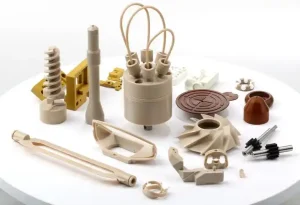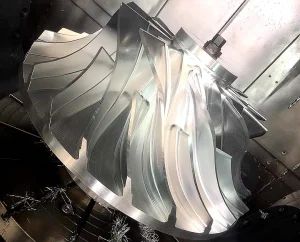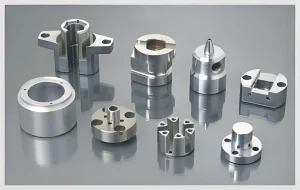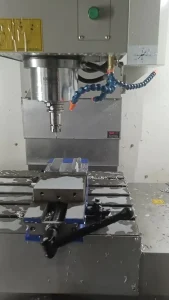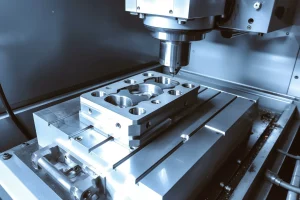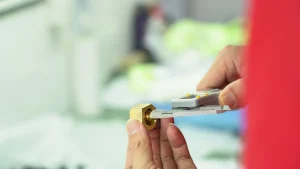Gears are essential mechanical components that transmit power and motion between rotating shafts. The choice of material for making gears is a critical decision as it directly impacts the performance, durability, and efficiency of the gear system. In this article, we will explore some of the common materials used for gear manufacturing and their characteristics.
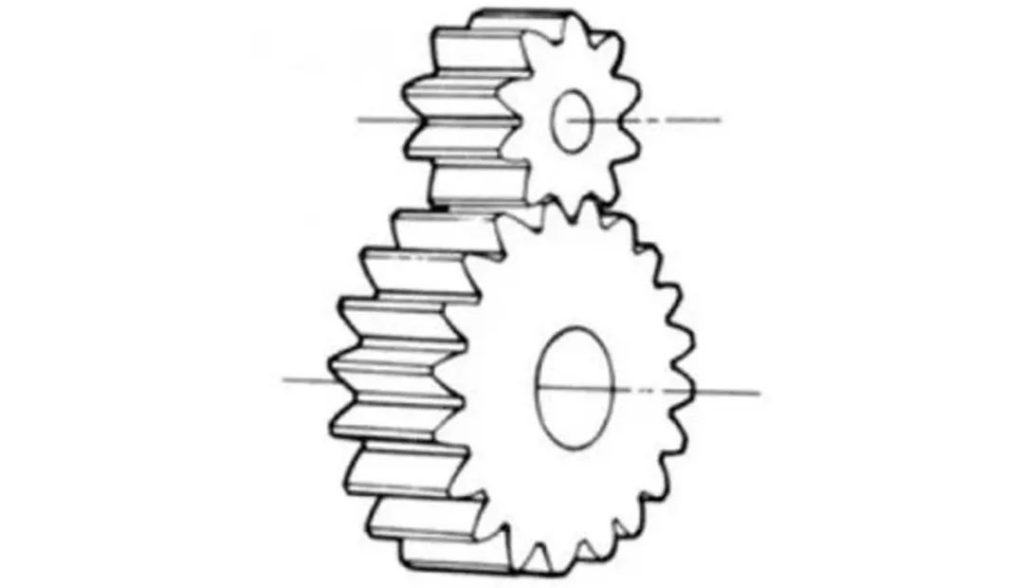
Steel is perhaps the most widely used material for gears. Carbon steel is a popular choice due to its good strength and wear resistance. It can be heat-treated to enhance its hardness and toughness. For example, low-carbon steel is relatively easy to machine and can be used for gears in less demanding applications where moderate strength is sufficient. Medium-carbon steel offers a balance between strength and machinability and is suitable for a wide range of gear applications. High-carbon steel, on the other hand, has excellent hardness and wear resistance after proper heat treatment, making it ideal for gears that experience high loads and significant wear, such as in heavy machinery and automotive transmissions. Alloy steels are also commonly used. They contain additional elements like chromium, nickel, and molybdenum, which further improve their properties. For instance, nickel-chromium-molybdenum alloy steels have enhanced strength, toughness, and corrosion resistance, making them suitable for gears in harsh environments or applications where reliability is crucial.
Cast iron is another material used for gears, especially in applications where cost is a major factor and the loads are not extremely high. Gray cast iron has good damping properties, which means it can absorb vibrations, reducing noise in the gear system. It is also relatively easy to cast into complex shapes, making it suitable for gears with intricate geometries. However, its strength and ductility are lower compared to steel. Ductile iron, also known as nodular iron, has better strength and ductility than gray cast iron. It can withstand higher loads and is often used in gears for industrial machinery and some automotive components.
Bronze is a material with excellent anti-friction and self-lubricating properties. It is commonly used for gears in applications where lubrication may be limited or where the gear needs to operate smoothly without excessive wear. For example, in some small motors and precision instruments, bronze gears can provide reliable performance. Bronze gears also have good corrosion resistance, which makes them suitable for use in environments where moisture or corrosive substances are present.
Aluminum alloys are increasingly being used for gear manufacturing, especially in applications where weight reduction is important. Aluminum has a low density, which results in lighter gears. This can be beneficial in aerospace, automotive, and some portable equipment applications. However, aluminum alloys generally have lower strength compared to steel. To overcome this, some aluminum alloys are heat-treated or combined with other elements to improve their strength and hardness. For example, aluminum-silicon alloys have better casting properties and can be used for gears that require complex shapes and moderate strength.
The selection of the appropriate gear material depends on several factors. The load and torque requirements of the gear system are crucial. Gears that need to transmit high loads and torques require materials with high strength and toughness, such as alloy steels. The operating speed of the gears also matters. High-speed gears may need materials with good fatigue resistance and low inertia. The environment in which the gears will operate is another consideration. If the gears are exposed to corrosive substances or high temperatures, materials with appropriate corrosion resistance or heat resistance should be chosen. Cost is also an important factor. In some applications where cost is a major constraint, cast iron or certain aluminum alloys may be more suitable than expensive alloy steels.
Rapidefficient is a leading name in the CNC aluminum machining market. When it comes to machining gears from aluminum or other materials, Rapidefficient has a distinct edge. Their advanced CNC machining capabilities allow for precise shaping and finishing of gears. They have a team of experienced technicians who understand the intricacies of gear machining and can ensure that the gears meet the required tolerances and surface finishes. Rapidefficient uses high-quality cutting tools and optimized machining processes to maximize efficiency and quality. Whether it’s for a small batch of custom gears or a large production run, Rapidefficient can provide reliable and cost-effective solutions. If you are looking for a reliable partner for CNC aluminum machining of gears or other components, Rapidefficient is the company to consider.

